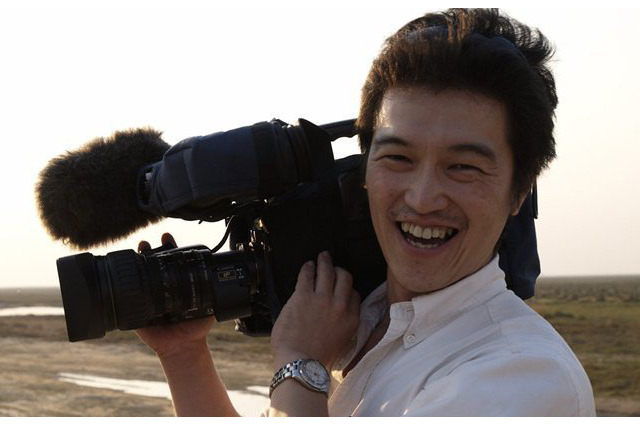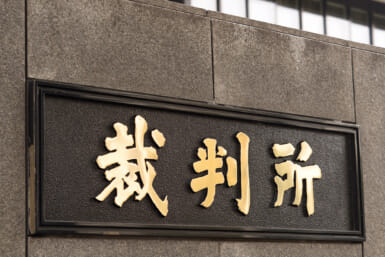Junko Ishido’s worst fears were realized on Sunday, after a video of her son’s beheading was deemed “highly likely to be authentic” by the Japanese government. The 47-year-old Kenji Goto, known for reporting about impoverished victims in war-torn regions, had been held captive by the Islamic State in Syria since October.
On Sunday, the Associated Press quoted the grieving Ishido as saying, “Kenji has died, and my heart is broken. Facing such a tragic death, I’m just speechless.”
Prime Minister Shinzo Abe, who was directly addressed in the terrorist’s video, rebuked their threats on Sunday, telling AFP reporters that he was “extremely angry about these heinous and despicable terrorist acts. We will never forgive terrorists… We will cooperate with the international community to make them atone for their crimes.”
Those allies include the US and the UK, who were quick to voice their support for Japan and respond to the Islamic State’s threats. American president Barack Obama said: “Standing together with a broad coalition of allies and partners, the United States will continue taking decisive action to degrade and ultimately destroy ISIL [The Islamic State, aka ISIS].”
Meanwhile, British prime minister David Cameron said his nation “stands united with Japan at this tragic time, and we will do all we can to hunt down these murderers and bring them to justice, however long it takes.”
Cameron added that: “I welcome Prime Minister Abe’s steadfast commitment to continue Japan’s active role, working with international partners, to secure peace, stability and prosperity in the Middle East. The humanitarian aid they are providing in the region is a vital part of helping the local communities that are being persecuted by the same ISIL terrorists who murdered our innocent men.”
However, such political rhetoric offered little comfort to Japanese citizens on Sunday. The AP quoted a 51-year-old man named Masahiko (who would not give his last name) as saying that Abe should have given in to the radicals demands, adding: “This is about human life, and that comes first and foremost. We had to save his life. I want our country to first value human life. The fight against terrorism comes second.”
The AP went on to quote Goto’s other grief-stricken supporters. Chief among them is Taku Nishimae, a New York based filmmaker and friend of the slain reporter who founded the viral “I AM KENJI” Facebook page and who wrote on Sunday: “Kenji lives on—in all our hearts. In our daily work. Every time you smile with those around you, you will be sure to remember that big smile Kenji always gave us.”
Goto’s wife, Rinko, delivered a statement on the website of the Rory Peck Trust, an organization that works in support of freelance journalists. As she explained, “My family and I are devastated by the news of Kenji’s death. He was not just my loving husband and father to our two beautiful children, but a son, brother and friend to many around the world.”
“While feeling a great personal loss, I remain extremely proud of my husband who reported the plight of people in conflict areas like Iraq, Somalia and Syria. It was his passion to highlight the effects on ordinary people, especially through the eyes of children, and to inform the rest of us of the tragedies of war.”
Aside from his tough talk about holding the radicals accountable, Abe also offered saddened comments of his own: “The government has been doing its utmost in responding to win his release, and we are filled with deep regret. … When I think of the grief of his family, I am left speechless.”
That sentiment was echoed by Ishido, who went on to say of her son’s plight: “It is so sad, but Kenji has left us on a journey. Please forgive me for not finding any words.”
—Kyle Mullin
Main Image: The Rory Peck Trust









